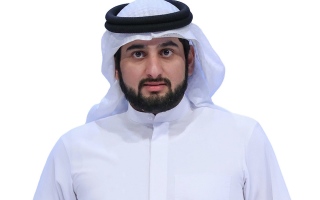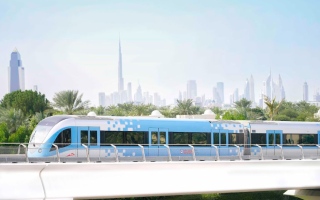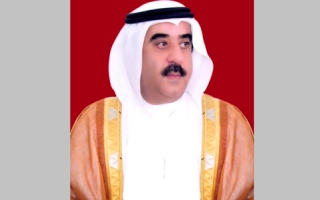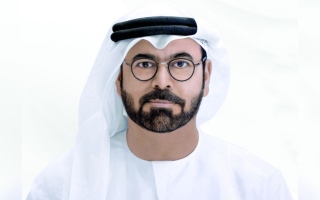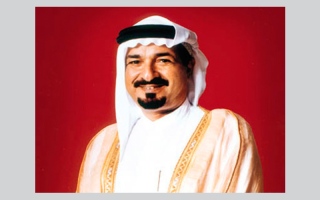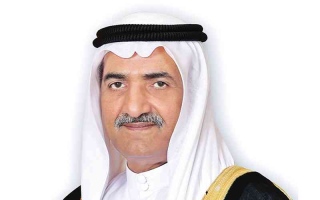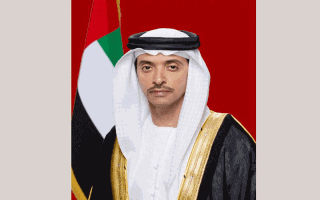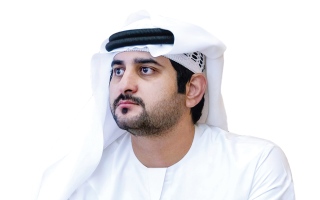أكد سموّ الشيخ أحمد بن محمد بن راشد آل مكتوم، النائب الثاني لحاكم دبي رئيس مجلس دبي للإعلام أن يوم الشهيد الذي يحييه More…
Category: Politics
مواعيد عمل وسائل المواصلات في دبي خلال عطلة عيد الاتحاد
أعلنت هيئة الطرق والمواصلات عن مواعيد العمل في جميع خدماتها خلال عطلة عيد الاتحاد الـ 53 لدولة الإمارات العربية المتحدة More…
حاكم أم القيوين: يوم الشهيد يوم الوفاء والعرفان لشهداء الوطن
أكد صاحب السمو الشيخ سعود بن راشد المعلا عضو المجلس الأعلى حاكم أم القيوين، أن “يوم الشهيد” هو يوم الوفاء والعرفان More…
“التعليم العالي” توسّع نطاق الاعتراف التلقائي بالشهادات الجامعية من خارج الدولة
أعلنت وزارة التعليم العالي والبحث العلمي عن توسيع نطاق مبادرة الاعتراف التلقائي بالشهادات الجامعية للطلبة المبتعثين More…
محمد القرقاوي: يوم الشهيد ذاكرة حية لقيم وطنية سامية
أكد معالي محمد عبدالله القرقاوي وزير شؤون مجلس الوزراء، أن احتفاء دولة الإمارات بيوم الشهيد، يعكس فخر دولة الإمارات More…
حميد بن راشد: التاريخ يشهد على بطولات شهدائنا في الميادين العسكرية والإنسانية
أكد صاحب السمو الشيخ حميد بن راشد النعيمي عضو المجلس الأعلى حاكم عجمان، أن إحياء ذكرى شهدائنا الأبرار، يجسد واحدة من More…
ولي عهد عجمان: 30 نوفمبر يجسد معاني الوفاء لشهداء الوطن الأبرار
قال سمو الشيخ عمار بن حميد النعيمي ولي عهد عجمان ، رئيس المجلس التنفيذي، إننا نحتفي اليوم في الثلاثين من نوفمبر بذكرى More…
حاكم الفجيرة : لولا دماء الشهداء لما أورقت شجرة البلاد
قال صاحب السمو الشيخ حمد بن محمد الشرقي عضو المجلس الأعلى حاكم الفجيرة : ” في هذا اليوم العظيم، يوم الشهيد، نحن مدينون More…
هزاع بن زايد: يوم الشهيد علامة فارقة في تاريخ دولتنا المجيدة
قال سمو الشيخ هزاع بن زايد آل نهيان نائب حاكم إمارة أبوظبي :” نحيي اليوم الذكرى الأعزّ على قلوبنا جميعاً، مستذكرين بكلّ More…
مكتوم بن محمد: كل التحية والإجلال لذكرى أبطال جسّدوا أسمى معاني الوطنية والانتماء
أكد سموّ الشيخ مكتوم بن محمد بن راشد آل مكتوم، النائب الأول لحاكم دبي نائب رئيس مجلس الوزراء وزير المالية، أن إحياء More…

